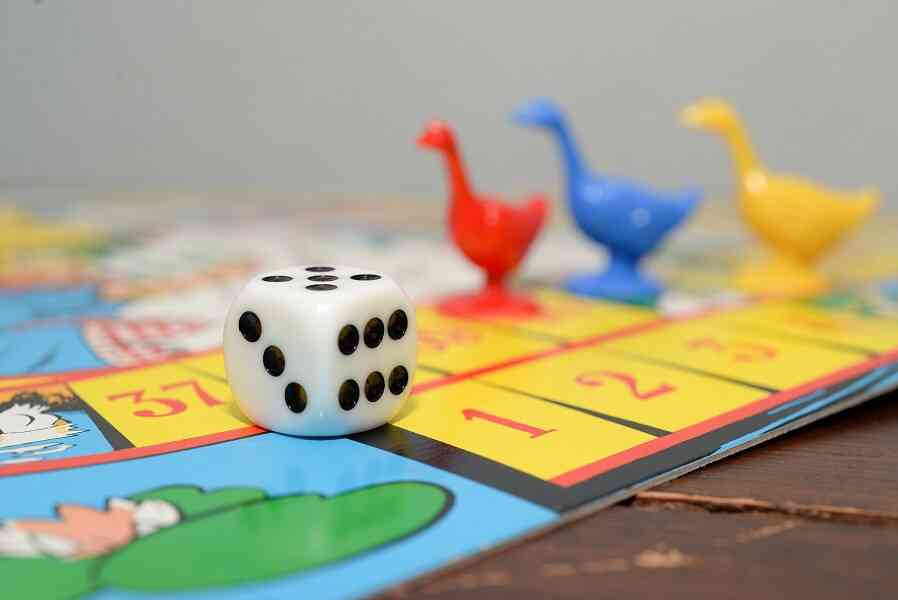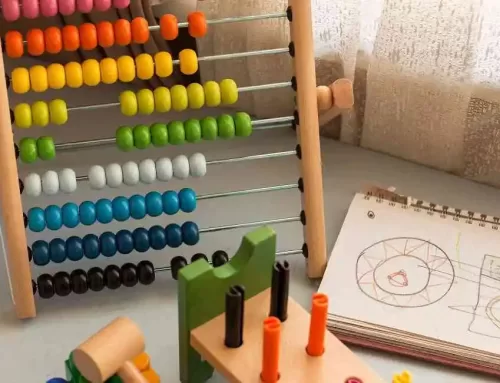It’s a difficult time when you realize your child has been upset at school. And it can be tough to find out what really happened. Children have limited vocabularies and often make generic statements like “the teacher wasn’t nice.” To find out more, act like a reporter, advocate for your child, and take a diplomatic approach with the teacher.
Understand Your Child’s Interpretation of Events
Some parents feel that allowing children to complete the year with a stressful teacher can help a child learn to deal with challenges. It can help your child learn to be resilient and solve problems on their own. Such comments are often accompanied by the obvious caveat that parents should always get involved if their child is at risk of emotional damage. The overall key of course, is to know what is going on in your child’s life and to understand their interpretation of the experience.
Get to Know the Teacher
Once your child is in elementary school, he spends more waking hours during the week with his teacher than with you. Having a better understanding of his teacher’s personality and the dynamics in the classroom can enhance the discussions you have with your child.
Introduce yourself to the teacher early in the year, but don’t hesitate if the school year is already underway. Engage in friendly conversation at morning drop off or afternoon pick up. Find moments to spend time in the same environment your child is in all day, such as volunteering at class parties. If your schedule conflicts with school hours, request a conference and be honest that you would like 15 minutes of the teacher’s time simply to get to know her better.
 Emmaws4s | Pixabay
Emmaws4s | Pixabay
Actions to Take
Suggested actions if your child dislikes a teacher or is having trouble in class:
- Attend school and classroom open houses
- Get to know the teacher, their school year goals as well as their style of teaching (independent of rumors heard from other parents)
- Read handouts from the teacher and discuss the class activities with your child
- Try to remain positive when scheduling a parent teacher meeting with the goal of solving any issues rather than finding blame for the incident
- Make a list of questions or topics in advance of a parent-teacher conference to ensure you are prepared to calmly discuss any important matters
- Discuss with your child the detailed events that led up to challenging moments at school
- Ask open-ended questions rather than questions that elicit only a yes or no response
- Openly discuss the plan with your child and show them how they can take proactive and take positive steps toward solving disagreements, misunderstandings and challenging moments
Actions to Avoid
- Try not to believe everything you hear about a teacher
- Don’t ask or rely on your child to relay a message to the teacher
- Avoid using negative language about the teacher
- Do not publish criticism about a teacher on social media or other websites
- Never threaten a teacher or other staff member of the school
RECOMMENDED READING
ADDITIONAL INFORMATION
These quick summaries of hand-picked articles help parents stay informed and find the right information to raise happy, successful kids.
How to Manage Issues With Your Child’s Teacher
When kids have a tough time relating to their teacher, parents need to decide whether to get directly involved or to support their kids by encouraging them to handle the situation on their own. There are benefits and risks to either approach.
These situations call for patience and enhanced parent-child communication. Figuring out the root of the problem is critical, which requires patience to interpret the limited vocabulary your child uses to describe events. Remember to take a viewpoint of the situation from his perspective and recognize whether your child has self-confidence to learn and thrive from the experience or if he needs additional support.
The Wall Street Journal
It’s important to understand the meaning behind what your child is saying. Remember kids have limited vocabulary so get as much factual detail as possible. Help your child understand that you are her advocate. When it’s necessary to speak with the teacher, describe what your child told you and give the teacher an opportunity to tell the story from her perspective.
A related article, The Smart Way to Talk to Teachers, offers general tips for how to talk to your child’s teacher, including suggested responses to common issues such as anxiety and misbehavior.
Help Your Children Become Resilient
Resilient kids have an easier time navigating daily obstacles and life’s challenges. Avoid accommodating every need of the child and instead teach skills to help them recognize and manage emotions.
Empower Kids to Learn How to Problem Solve
Help your kids develop creative problem solving skills and they will tackle unfamiliar situations by finding solutions rather than becoming overwhelmed with anxiety. Learn how to raise kids to take responsibility for their actions and build healthy relationships.
Motherly Life
Understand How a Child’s Brain Develops
Multiple things happen when children learn to read. First, infants learn to process sounds. Preschoolers learn to use and adjust the sounds to create and connect words while learning the meaning of those words. Elementary school aged children then learn to read through a process of connecting the sounds to written letters and words. Throughout this learning, a number of brain regions are involved.
Remain Patient as Your Child’s Brain Develops
The brain regions involved with reading and comprehension include temporal lobe for sounds and frontal lobe for speech and comprehension. The angular and supramarginal gyrus links the parts of the brain used to decipher and connect letter shapes to form words. White matter pathways, a collection of brain nerve fibers, help the brain learn and function.
Strong readers start out with strong pathways. Narrow or crowded white matter tracts can affect reading and comprehension skills.
Harvard Medical School Publication










Leave A Comment